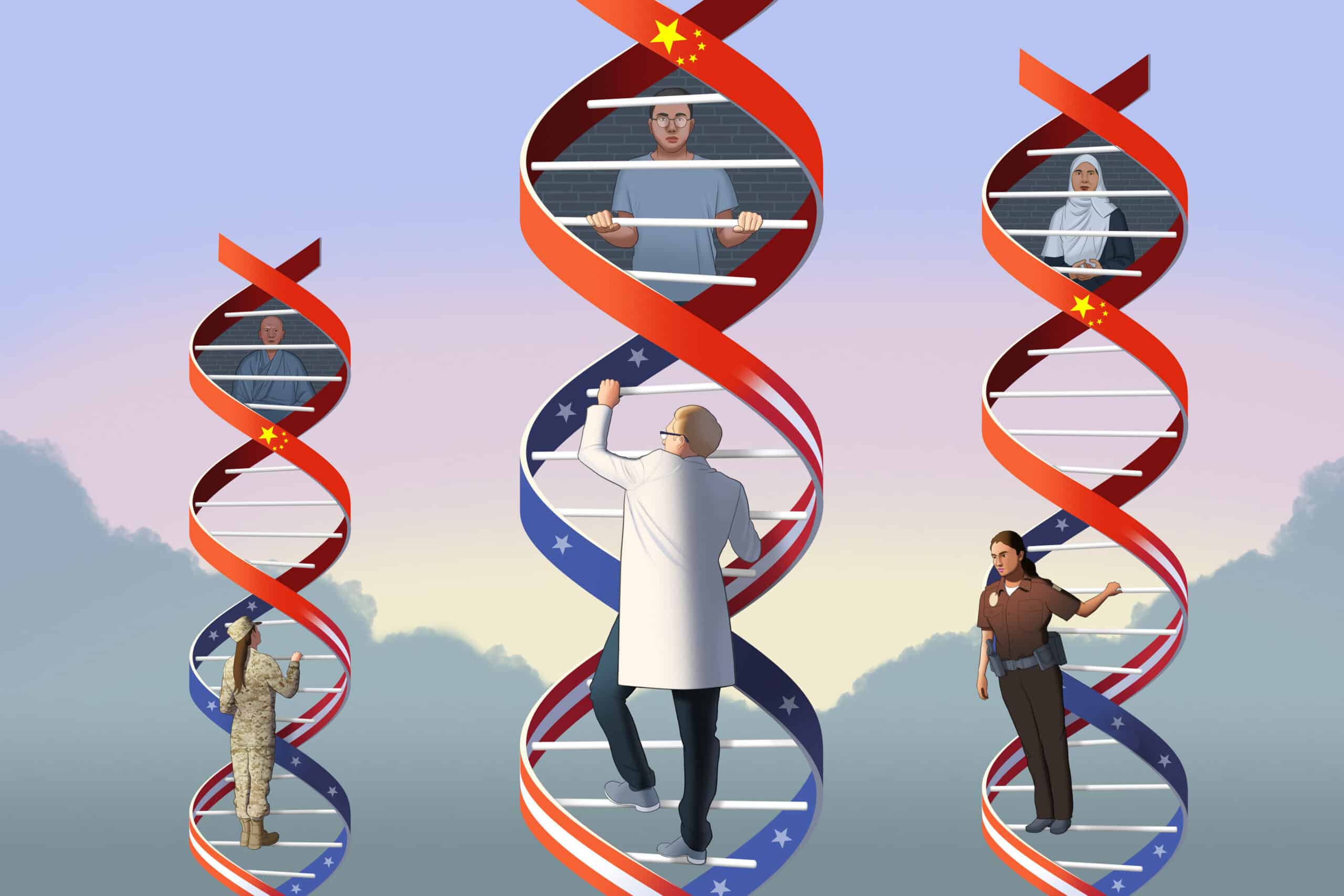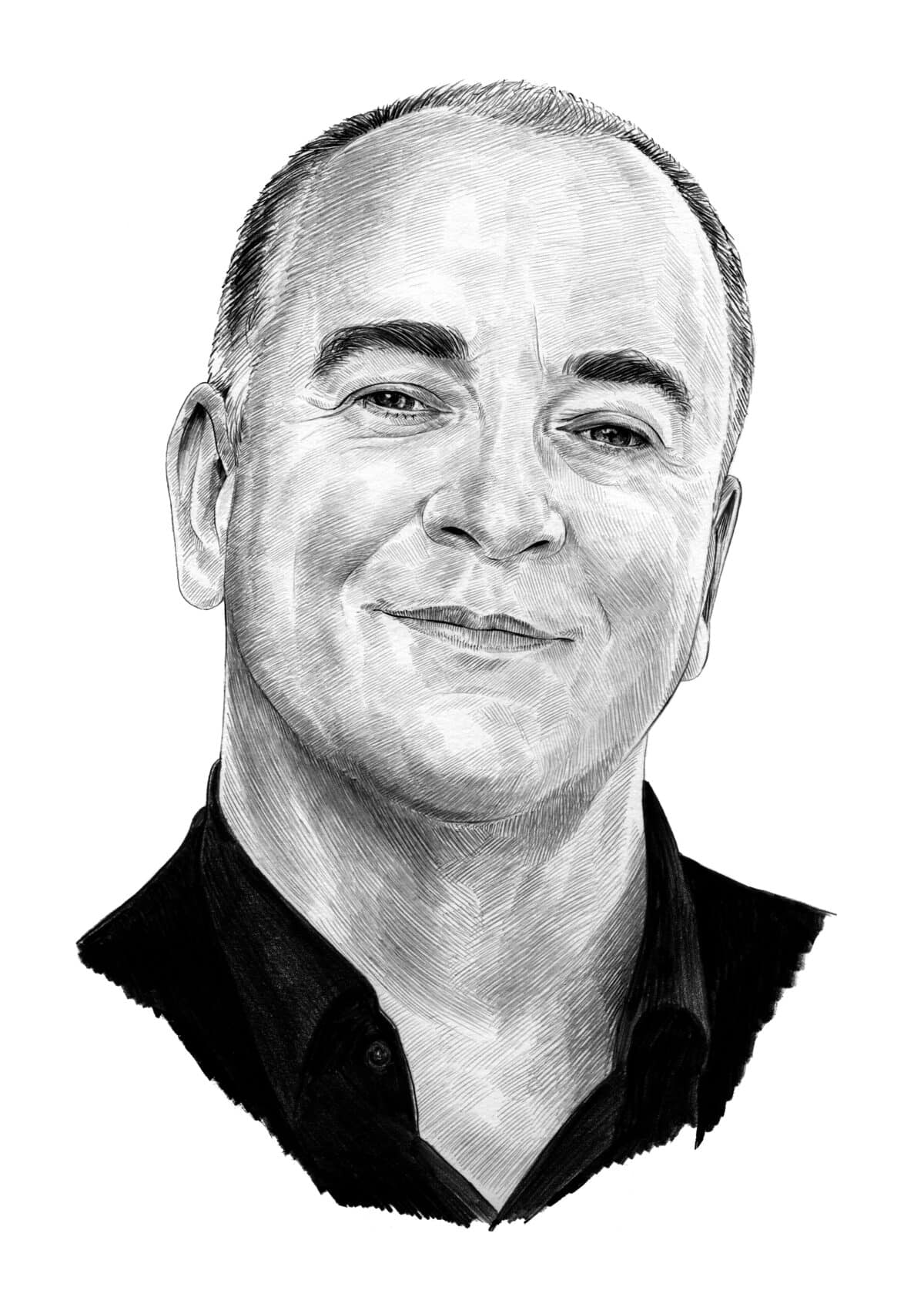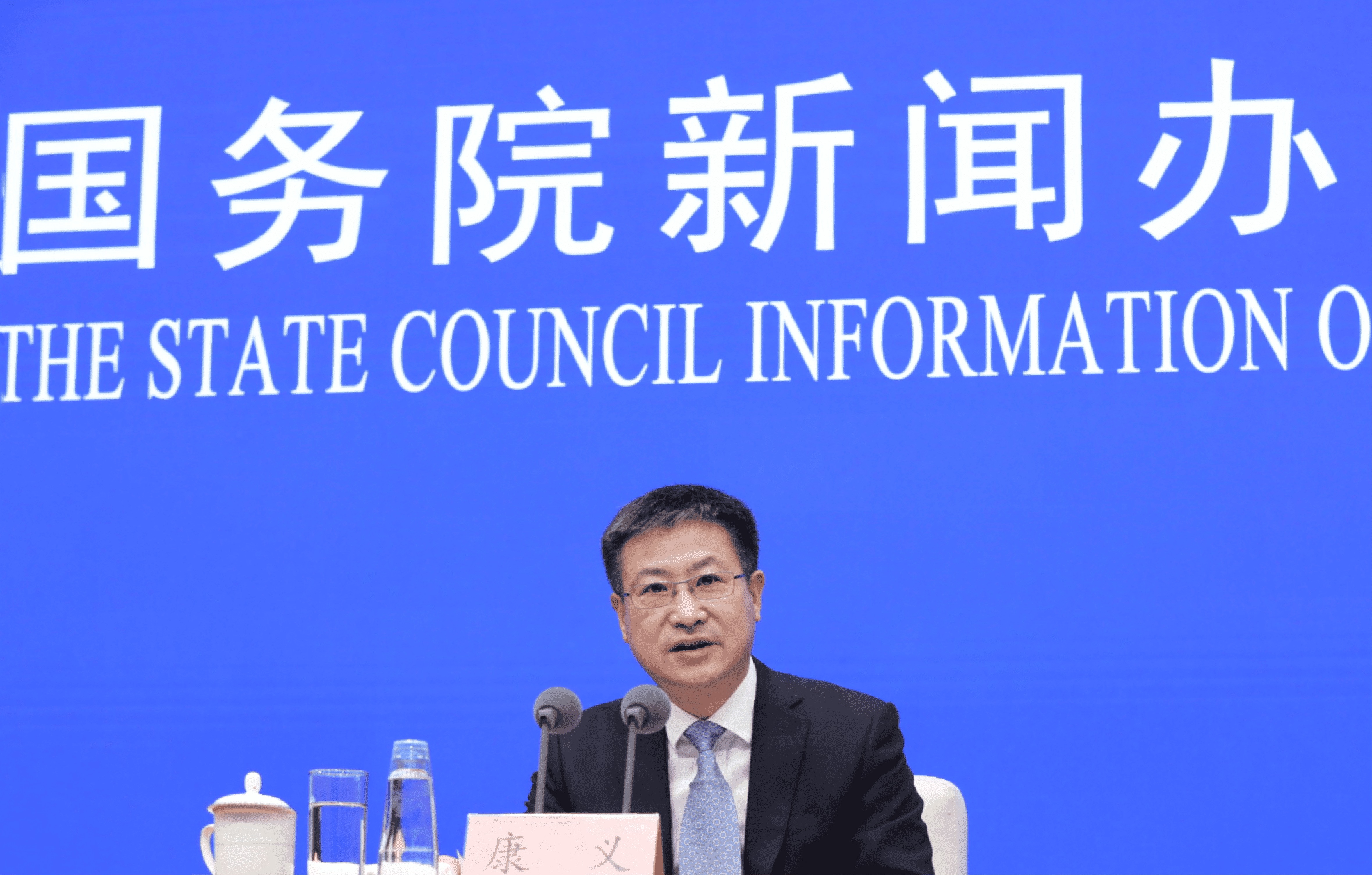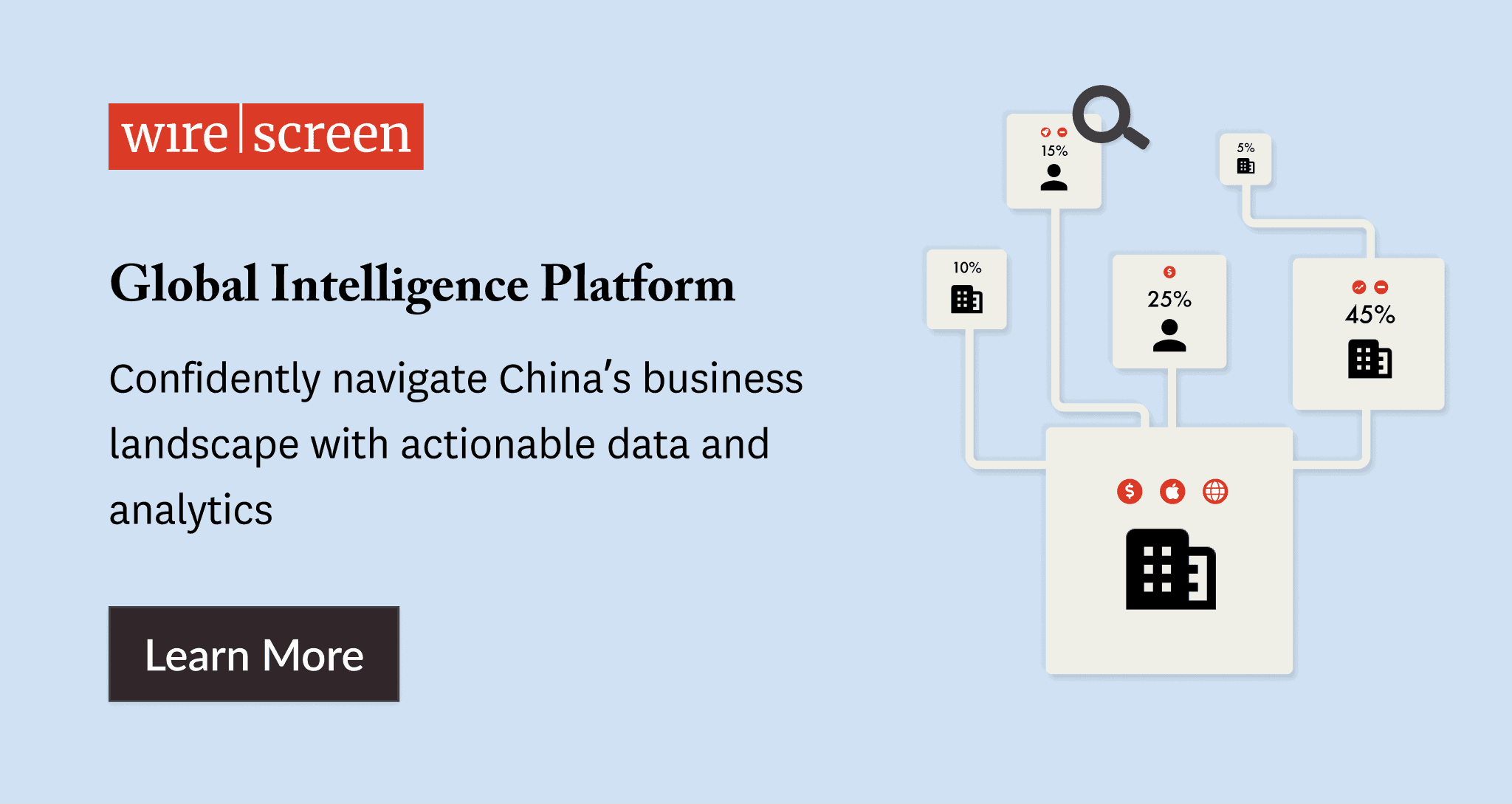Good evening. Five short years ago, few of us knew much about semiconductors. The great chip decoupling, however, changed all that, peppering our vocabulary with words like nanometer and fab. In the next few years, the same could happen with biotechnology — especially as more U.S. companies are found to be contributing to China’s repressive public security apparatus. Our cover story this week looks at one such company: ANDE, creator of a revolutionary rapid DNA testing device that has been marketed to police across China.
Elsewhere, we have infographics on China’s embrace of genetically modified foods; an interview with Kerry Brown on the nature of Chinese power; a reported piece on how a battery metals supply glut is deepening China’s dominance; and an op-ed from Victor Shih about Beijing’s misguided plan to prop up its stock markets. If you’re not already a paid subscriber to The Wire, please sign up here.
Want this emailed directly to your inbox? Sign up to receive our free newsletter.

The DNA Distortion
ANDE, a U.S. biotechnology company, promised a “faster way to a safer world” with its revolutionary rapid DNA testing machine. But by selling its innovation to China’s police force and public security apparatus, it has instead invited questions about the role of U.S. technologies in China’s brutal surveillance state. In the wake of this investigation by Katrina Northrop, as well as the ThermoFisher scandal, how should the U.S. navigate the biotech industry’s ‘decoupling’ from China?

The Big Picture: The Food Security Gene
On Christmas Day, 2023, China issued licenses to 26 domestic companies to produce and distribute genetically modified corn and soybean seeds, the latest move in a gradual liberalization that could dramatically enhance the country’s path to food self-sufficiency. This week’s infographics by Aaron Mc Nicholas look at China’s path towards adopting genetically modified technology and assess its role in ensuring China’s food security.
A Q&A with Kerry Brown

Kerry Brown is professor of Chinese studies and director of the Lau Institute at King’s College, London. A former British diplomat, he has lived and worked in China on-and-off since the mid 1990s. Over that time he has become a prolific writer on the country, authoring over 20 books on Chinese politics. His latest, China Incorporated: The Politics of a World where China is Number One, discusses the nature of Chinese power, including its darker sides, and both what the world wants from China and vice versa. In this week’s Q&A with Andrew Peaple, he talks about the need for a more realistic strategy towards China and why the West and Beijing often fail to communicate.
Kerry Brown
Illustration by Lauren Crow

How a Battery Metals Supply Glut is Deepening China’s Dominance
Crashing metals prices are making it hard for Western miners to justify new investments in the minerals needed for clean energy, reports Eliot Chen.

Beijing Is Set to Rescue the Market Again: But Is That the Right Thing to Do?
There are much better ways for the government to spend hundreds of billions of dollars than propping up Chinese stocks, argues Victor Shih.

Subscribe today for unlimited access, starting at only $19 a month.



